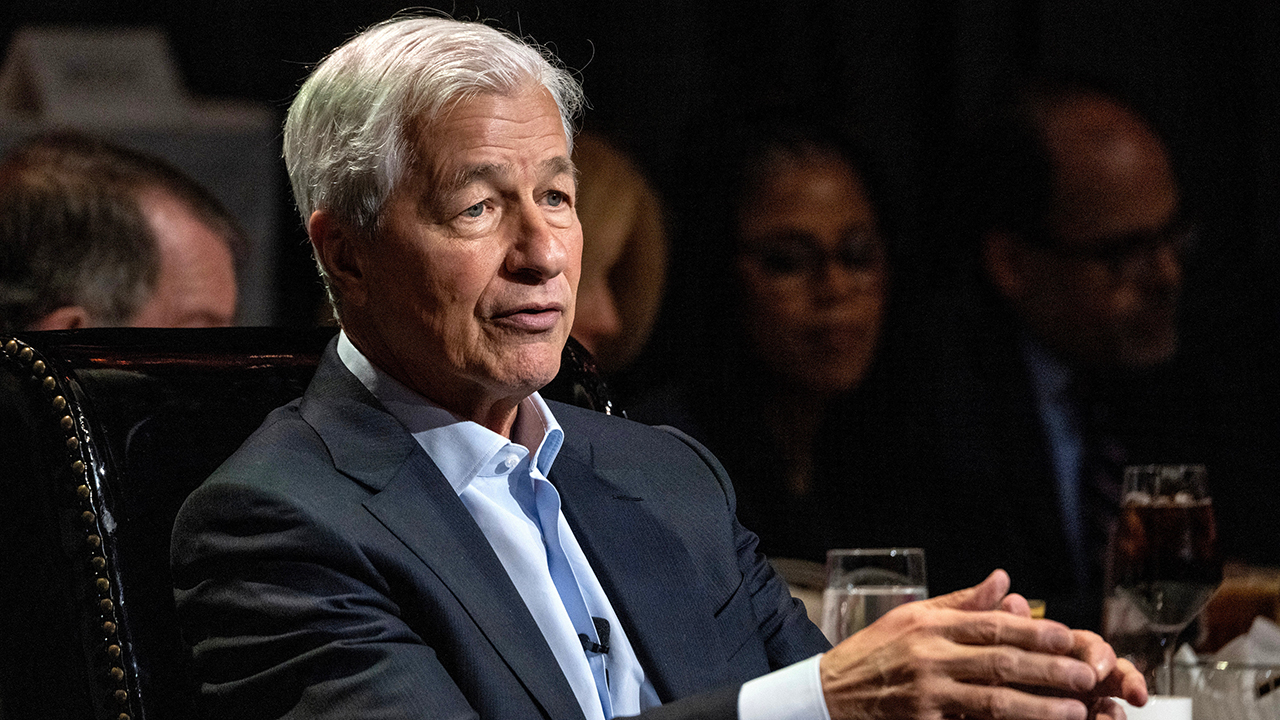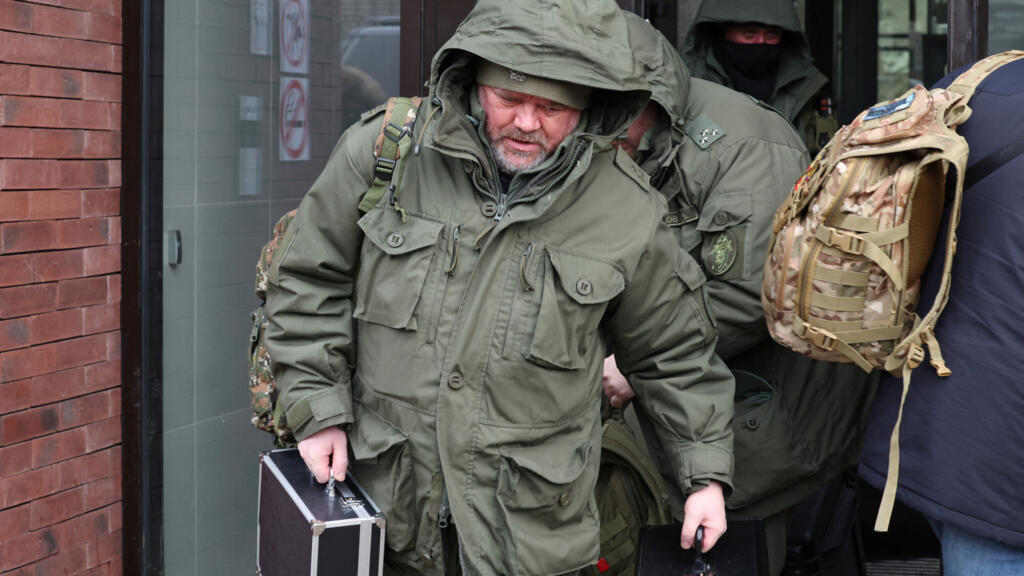Authorities put 21 million people under lockdown in southwestern city of Chengdu
No end date is given, with mass, compulsory testing to run across the city until Sunday.

Authorities in the southwestern Chinese city of Chengdu have placed the city of 21 million residents into lockdown, confining people to their homes and announcing four days of mass, compulsory COVID-19 testing.
It was unclear whether the restrictions, which came after the city reported 157 community-acquired cases of COVID-19, would be lifted when the four days of testing finish on Sunday.
Authorities in the southern city of Shenzhen and the northeastern port city of Dalian have also shut down entertainment venues and ordered people in some areas of their cities to work from home.
Chengdu residents were ordered to remain in their homes from 6.00 p.m. local time on Sept. 1, with stringent entry and exit restrictions on residential compounds in the city and a total ban on public gatherings.
Households are permitted to send one person out per day to buy essential supplies, if they have a negative PCR test from the past 24 hours.
Anyone needing to leave for medical treatment must gain approval from the security and epidemic prevention teams embedded in their residential community, the official notice said.
Chengdu resident Gao Hua said she had just heard the news.
"Now I can't go anywhere," Gao said. "All I can do is stay home. The results of the PCR test I didn't haven't come out yet."
The lockdown in Chengdu comes as authorities around the country reported 1,903 new COVID-19 infections, 132 of which were in Sichuan, 40 in Guangdong and three in Beijing.
A resident of Beijing said one of the new cases was reported in Haidian district, and that four sections of the district are currently listed as "high-risk."
"The migrant population in Beijing is currently being evicted, and a lot of workers have left," the resident said. "The population isn't so dense as before, with many rental properties vacant."
Haidian resident Ye Jinghuan said she was subjected to a round of grueling health and security checks when she went to run an errand at the local prosecutor's office.
"They had facial recognition, ID card registration, and security checks, and you had to show your itinerary code, verification code, guarantee letter, and fill out a registration form," Ye told RFA.
"They say these PCR tests are part of COVID-19 prevention, but they are actually a way to exert total control over people," she said.
"They are using the pandemic to restrict individuals' freedom."
'Bicycle army' in Guangzhou
In the southern city of Guangzhou, the closure of public transportation links in Haizhu district has prompted people to take to their bicycles to get around, according to video clips posted to social media.
One video showed phalanxes of people on pushbikes and light mopeds, with the commentary calling them the "bicycle army" and juxtaposing old photos of cyclists in the district in the 1980s and 1990s.
Guangzhou's epidemic prevention and control center announced on Aug. 31 that eight stations on the No. 2, No. 8 and Guangfo metro lines would close, as some parts of Haizhu were designated high and medium-risk after several cases of B.2.76 omicron were detected there.
A resident of Haizhu who gave only the surname Wu said he had joined the "bicycle army" to get to work
"The subway station I take to go to work is shut, so I have to ride a bicycle to a nearby station to get there," Wu said.
He said anyone coming to Guangzhou will also likely wind up with a red light on their health code app.
A highly-liked comment on the social media platform Douyin commented: "The pandemic has set by first-tier cities by 30 years."
The outbreaks — and the stringent measures imposed to try to contain them — come as the ruling Chinese Communist Party (CCP) gears up for its 20th National Congress on Oct. 16.
CCP leader Xi Jinping will seek an unprecedented third term in office at the congress, largely on a platform of his controversial zero-COVID policy, China's "wolf-warrior" diplomacy and his ambitions to annex the democratic island of Taiwan.
Analysts have told RFA that despite widespread opposition to zero-COVID in party ranks, Xi is likely to be confirmed as party leader after abolishing term limits in 2018, paving the way for indefinite rule.
State security police have mobilized across China in recent days to remove anyone who could cause trouble for the government and to silence known dissidents and rights activists.
Translated and edited by Luisetta Mudie.
This article has been sourced from various publicly available news platforms around the world. All intellectual property rights remain with the original publishers and authors. Unshared News does not claim ownership of the content and provides it solely for informational and educational purposes voluntarily. If you are the rightful owner and believe this content has been used improperly, please contact us for prompt removal or correction.











